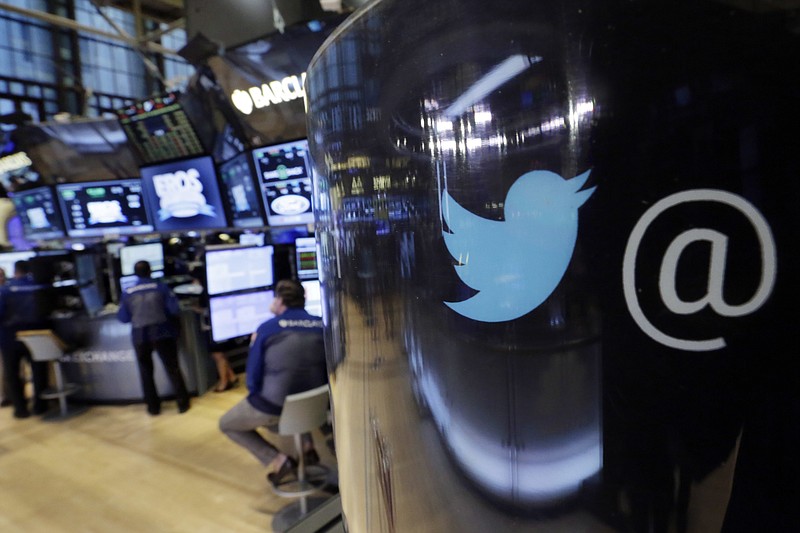Despite the recent correction, the stock market has enjoyed a sustained expansion since the Great Recession lows of 2009. So much so, that many observers have expressed concern that valuations have become excessive. History has demonstrated that forecasting market tops or bottoms is a fool's errand, but one indicator that has proven useful in the past is the proliferation of frequent trading by individual retail investors, often utilizing new technologies or utilities.
The tech stock bust in 2000, for example, was presaged by a surge in day trading on newly-minted internet brokerage sites. Veterans may recall commercials featuring the young associate Stuart tutoring his eager boss on how to enter dotcom stock trades online, with a hearty acclamation of "let's light this candle."
When investing devolves into frenzied speculation, bad things happen. This mutation often coincides with the deployment of new products and channels that inveigle retail investors with the lure of immediacy and novelty. And so, in keeping with past precedent, one discount broker has offered up a new and bewitching innovation likely to separate some investors from their money: stock tweeting.
Discount broker TD Ameritrade has rolled out a Twitter utility to allow individual traders to crowdsource and expedite rapid-fire stock transactions on the popular social media app. The utility, called a chatbot, allows TD customers to use direct messaging to summon up information on stocks of interest. Relevant data like recent earnings, dividend announcements, and price quotes are presented along with a link to the user's TD account. Users can then instantly place trades through the app.
Presenting investment information in a format that encourages urgency and promotes rapidity is inherently disadvantageous to investors and encourages poor decision-making. But there's more.
One feature of the Twitter chatbot is the curation and analysis of the commentary from other Twitter users. The app is able to capture user feedback on the stock in question and provide data on "trending" opinion of other amateur traders. At last, one can consult social media about Tesla stock, check out the tweets of other self-appointed experts, and pull the trigger on an order in the blink of an eye. What could possibly go wrong?
The rollout of the Twitter chatbot follows TD's introduction last August of a Facebook trading app and the January announcement of 24 hour trading on exchange-traded funds. Heaven knows, the main impediment to retirement security for average investors has been the inability to tweet out a buy order for the iShares Global Infrastructure ETF at 3:30 am.
And if that's not enough, TD is looking to extend the Twitter utility to include Bitcoin futures. That should clear the way for an Instagram app to bet the 7th race at Belmont Park.
TD is not alone in promoting products and advice that encourage the kind of hyperactive trading that poses a risk to investor wealth. Charles Schwab has sponsored an afternoon program on CNBC called "Fast Money," which encourages speculative short-term trading that is seldom appropriate for most long-term investors, and most firms now offer specialized platforms targeting "active traders."
Preparing for retirement involves establishing a long-term plan, and then systematically executing the plan over time. Short-term speculation is appropriate only for sophisticated investors with surplus capacity for absorbing losses (even experienced investors are rarely successful active traders over time). The road to a comfortable retirement does not pass through "Fast Money." Twitter trending or midnight trading.
Inevitably, bull markets spawn some innovations that are not aligned with investors' best interests. To the extent that these new utilities encourage precipitate trading, the caution light may be flashing.
Christopher A. Hopkins, CFA, is a vice president and portfolio manager for Barnett & Co. in Chattanooga.

